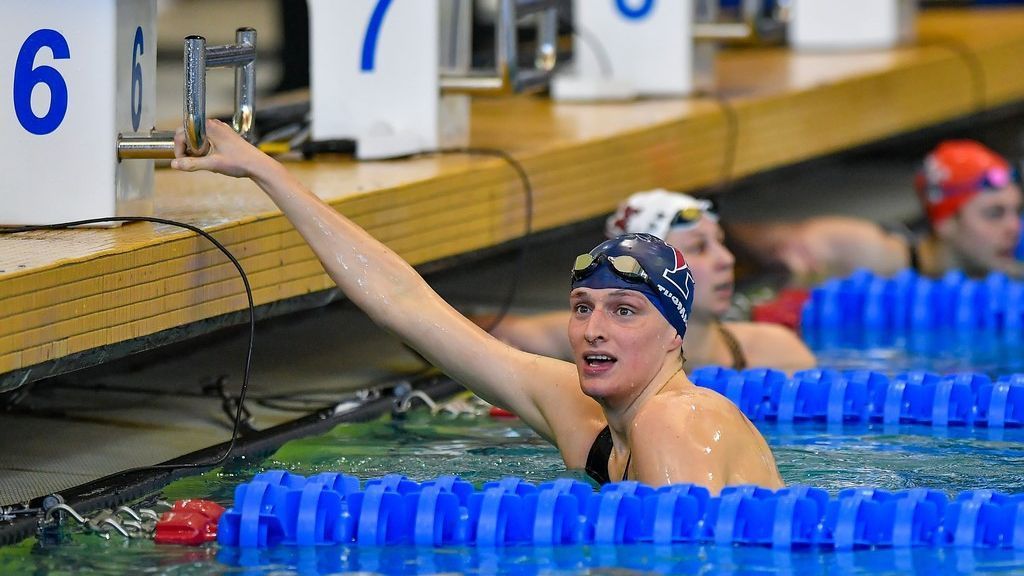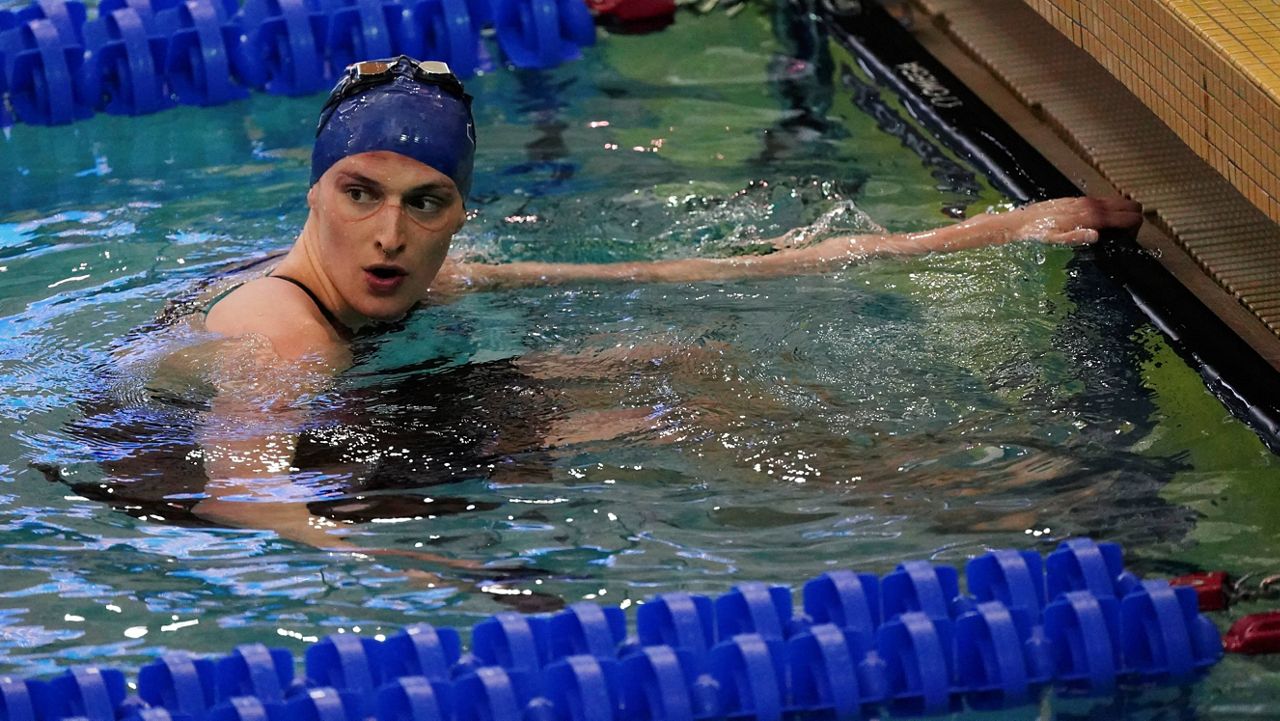Riley Gaines on Lia Thomas Ban from 2024 Olympics: ‘Maintain Equality in Sports’

The ongoing debate about transgender athletes’ participation in sports has taken a new turn as former NCAA swimmer Riley Gaines speaks out against Lia Thomas’ potential participation in the 2024 Olympics. Gaines, who competed against Thomas in collegiate swimming, has been vocal about her views on maintaining fairness in women’s sports. Her recent statements reflect a growing concern among athletes and sports enthusiasts about the impact of transgender athletes on competitive balance.
Gaines’ argument centers on the belief that allowing transgender women, who were assigned male at birth, to compete in women’s sports creates an uneven playing field. “It’s not about discrimination; it’s about fairness,” Gaines stated in a recent interview. “We need to maintain equality in sports, ensuring that female athletes have a fair chance to compete.”

Lia Thomas, who swam for the University of Pennsylvania men’s team before transitioning and competing on the women’s team, has sparked significant controversy. Critics argue that Thomas’ participation in women’s events undermines the integrity of female sports due to biological advantages. Supporters, however, emphasize the importance of inclusivity and the rights of transgender individuals to compete according to their gender identity.
Gaines’ position aligns with a broader movement advocating for policies that restrict transgender women from competing in women’s sports. She points to the physiological differences between males and females, which she believes give transgender women an inherent advantage. “We respect everyone’s identity, but in the realm of competitive sports, biology matters,” Gaines asserted. “We must find a way to include everyone without compromising fairness.”
This controversy has reached international levels, with various sports organizations grappling with the issue. The International Olympic Committee (IOC) has faced pressure to establish clear guidelines. In response, the IOC has recommended that eligibility criteria for athletes be based on evidence that ensures no unfair advantage is present, though the specifics remain debated.
Gaines’ comments reflect a sentiment shared by many female athletes who feel that their opportunities and achievements are at risk. She recalls her experiences competing against Thomas, describing a sense of frustration and helplessness. “We train our whole lives for these moments. It’s disheartening to think that our hard work might be overshadowed by factors beyond our control,” she said.

The discussion extends beyond the swimming pool, touching on broader societal questions about gender, fairness, and inclusion. Advocates for transgender rights argue that excluding transgender women from women’s sports is discriminatory and perpetuates harmful stereotypes. They call for a nuanced approach that respects both the rights of transgender athletes and the need for fair competition.
As the 2024 Olympics approach, the debate over transgender athletes’ participation is likely to intensify. Gaines’ advocacy for maintaining equality in sports highlights the complexities of balancing inclusivity with fairness. While there is no easy solution, the conversation is crucial in shaping the future of sports.

In conclusion, Riley Gaines’ stance on Lia Thomas’ potential ban from the 2024 Olympics underscores the ongoing conflict between fairness and inclusivity in sports. As athletes, organizations, and society at large continue to grapple with these issues, it remains essential to find a path that respects both individual identities and the integrity of competitive sports.






